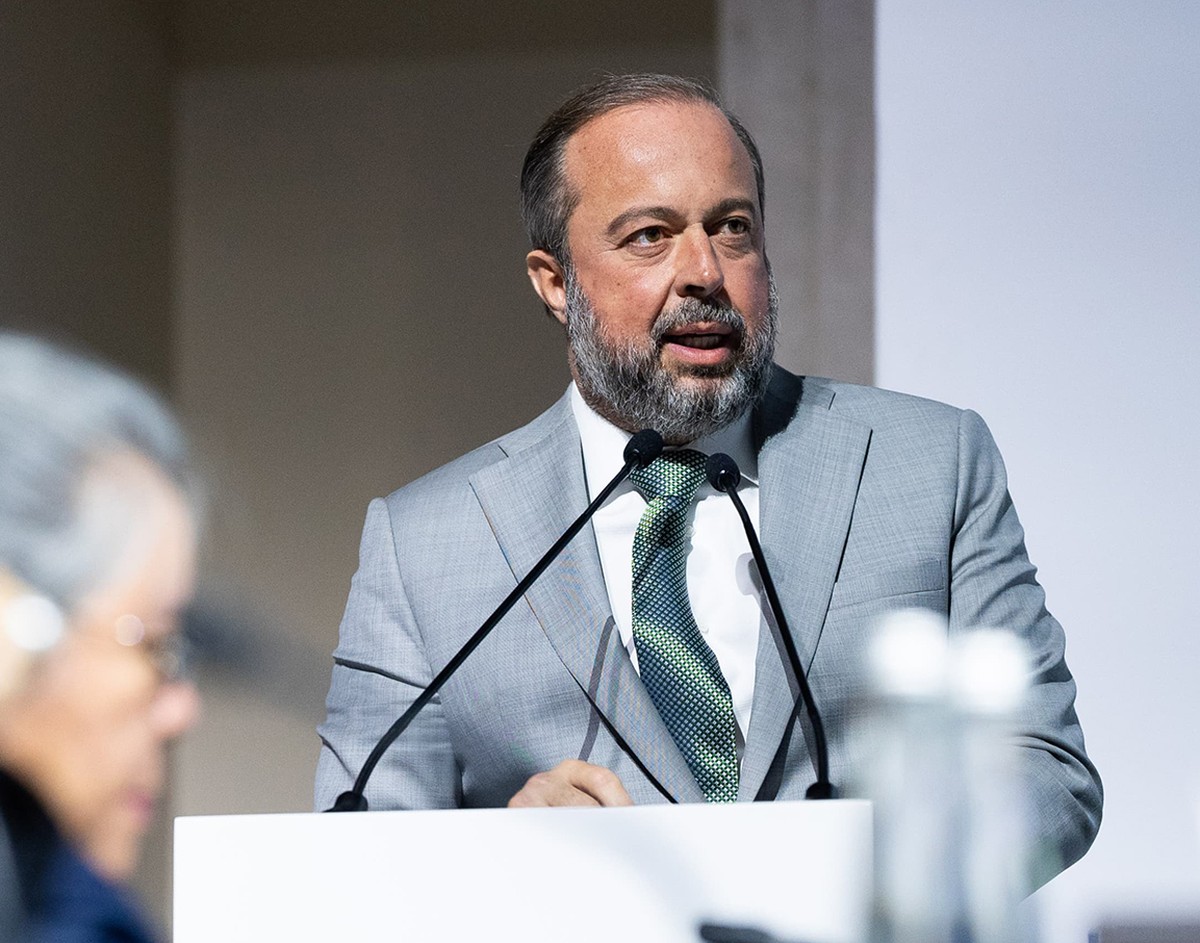Brazil is navigating a complex energy path, seeking to engage with both fossil fuel advocacy groups and renewable energy initiatives aimed at decarbonization.
On Saturday (11), the Ministry of Mines and Energy (MME) announced Brazil’s renewable efforts to join the International Renewable Energy Agency (IRENA) based in Abu Dhabi. Comprised of 169 countries and the European Union, IRENA promotes international cooperation for the sustainable adoption of renewable energy sources such as solar, wind, biomass and hydropower.
Conversely, in November 2023, Brazil was invited to join OPEC+ as an ally, without being subject to the production quota agreement.
The interplay between fossil fuels and renewables has become a focal point as Brazil prepares to host the 2025 United Nations Climate Change Conference (COP30) in Belem, Pará in November. The controversy has been exacerbated by Petrobras’ pending environmental license to explore for oil in the Foz do Amazonas basin, 175 kilometers off the Amapa coast, part of the equatorial margin.
The proposed oil exploration has faced opposition within the government, particularly Environment Minister Marina Silva and the Brazilian Institute of Environment and Renewable Natural Resources (IBAMA). Both emphasize a technical approach to the problem. In November, Petrobras filed another appeal after IBAMA rejected its license application.
At IRENA’s annual gathering in Abu Dhabi on Sunday, Mines and Energy Minister Alexandre Silvera rejected suggestions of conflict in Brazil’s pursuit of both international cooperation. “We must invest in plurality and coordinate different energy sources,” Mr. Silvera told Valor.
During his visit to the UAE and Saudi Arabia, Mr. Silvera met with leaders of the hydrocarbon sector, including Saudi Aramco, and IRENA officials. He also met with representatives of UAE-based investment company Mubadala, which has operations in Brazil through ventures such as Acelen, which owns the Mataripe refinery in Bahia.
“Aramco has a model that we can help apply globally to decarbonize oil production,” said Mr. Silvera, “Oil must be looked at from production to consumption. Brazil, as a leader in the Global South, is investing to accelerate the transition toward decarbonization. Developed and There is a clear lack of action from industrialized countries.”
Brazil’s potential OPEC+ membership is being reviewed by the National Energy Policy Council (CNPE), while the IRENA membership process, which Mr Silvera hopes to conclude before COP30, has entered a bureaucratic documentation stage. IRENA Director General Francesco La Camera is expected to visit Brazil in February, although the organization has not specified a timeline for Brazil’s full membership.
“Our potential OPEC+ membership is an opportunity to access different perspectives on decarbonisation,” Mr Silvera said. “There is no solution by suppressing social needs without economic development. And there is no sustainable path to economic growth without sustainability.”
Regarding the controversial oil exploration in Foz do Amazonas, Mr. Silvera reiterated his optimism that the licensing process would progress this year. He dismissed concerns that ratification would undermine COP30. “Brazil has some of the strictest environmental regulations in the world. If the legal requirements are met, I see no reason [to deny the license],” he said.
(The reporter’s trip was facilitated by an invitation from IRENA)
